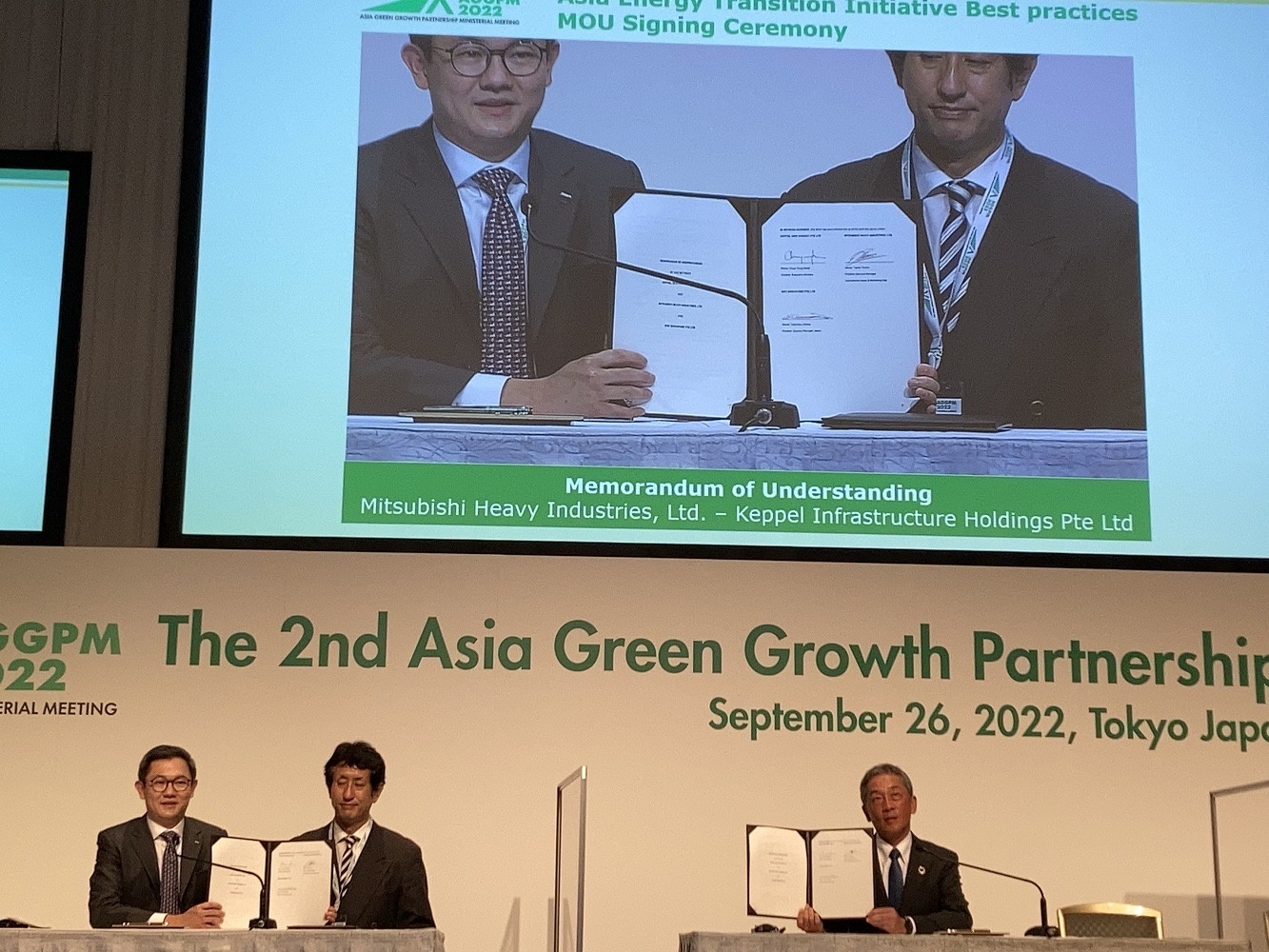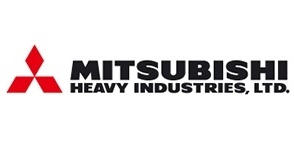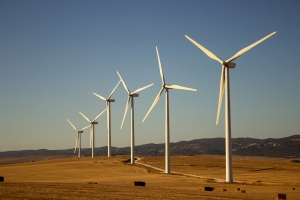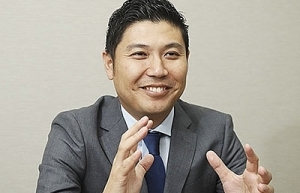Keppel, MHI and DNV ink deal to explore ammonia-powered turbine in Singapore
 |
The MoU signed in late September will see the three companies work together to perform a high-level Quantitative Risk Assessment to explore the use of 100 per cent ammonia as a fuel for a gas turbine or combined cycle gas turbine towards the potential development of an Ammonia Power Plant.
Keppel will study the feasibility of the ammonia fuelled power plant, while MHI, with support from its power solutions brand, Mitsubishi Power, will develop an ammonia-fired gas turbine that produces carbon-neutral power to pursue the expansion of the ammonia fuel supply chain in Singapore. Alongside this, DNV will lend its assurance and risk management expertise to prepare and present a QRA analysis.
Takao Tsukui, an MHI general manager of International Sales and Marketing said, “Ammonia is a potential key component to building a hydrogen society. Mitsubishi Power has pioneered world-class gas turbine and hydrogen fuel combustion technologies for more than 50 years, and this MoU demonstrates our continued dedication to cutting-edge solutions that can support the growing demand for electricity while transitioning towards a more sustainable energy future in the Asia Pacific.”
Brice Le Gallo, vice president and regional director-Asia Pacific of Energy Systems at DNV, said “We are proud to use our well-established advisory and hydrogen technical capabilities to provide quantitative risk assessment for this impactful project. We believe that ammonia-fired power generation can be an important step toward a more sustainable energy future. This MoU offers an exciting opportunity to share our extensive industry experience to support this important contribution to Singapore’s Net Zero and energy transition goals.”
Ammonia has a higher volumetric density than hydrogen, making it easier for storage and distribution. It does not produce CO2 when fired and is an efficient hydrogen carrier. Its use as a fuel is a promising long-term energy solution for the transition to a zero-carbon energy value chain.
This agreement follows an announcement in August 2022 that Keppel Energy will develop Singapore’s first hydrogen-ready power plant in the Sakra sector of Jurong Island, constructed by a consortium comprising Mitsubishi Power Asia Pacific and Jurong Engineering.
A long-term service contract for major maintenance of the turbine was also awarded to Mitsubishi Power. Keppel New Energy additionally signed an MoU with MHI to conduct a feasibility study on developing a 100 per cent ammonia-fueled power plant on a selected site in Singapore.
Together, Keppel, MHI and DNV are demonstrating their commitment to accelerate the decarbonisation of energy to create a pathway to a Net Zero future.
 | MHI studies use of ammonia for power generation Mitsubishi Heavy Industries, Ltd. (MHI) has begun a feasibility study on using ammonia as a fuel for power plants in Indonesia, hoping to contribute to the expansion of energy infrastructure exports from Japan. |
 | Mitsubishi to build onshore wind farm in Laos to sell electricity to Vietnam Mitsubishi Corporation will build an onshore wind farm based in Laos, which could then sell electricity to Vietnam. |
 | Vietnam: a cornerstone of MHI Group’s Asia strategy As part of its business strategy in Asia, Mitsubishi Heavy Industries Group (MHI) looks to bring more innovative solutions to Vietnam. Jun Shirota, general manager of MHI in Vietnam, spoke to VIR’s Thanh Van about the company’s plans to secure a broader footprint in the country and remain a reliable partner for growth. |
What the stars mean:
★ Poor ★ ★ Promising ★★★ Good ★★★★ Very good ★★★★★ Exceptional
Related Contents
Latest News
More News
- Vietnam-South Africa strategic partnership boosts business links (February 06, 2026 | 13:28)
- Mondelez Kinh Do renews the spirit of togetherness (February 06, 2026 | 09:35)
- Seafood exports rise in January (February 05, 2026 | 17:31)
- Accelerating digitalisation of air traffic services in Vietnam (February 05, 2026 | 17:30)
- Ekko raises $4.2 million to improve employee retention and financial wellbeing (February 05, 2026 | 17:28)
- Dassault Systèmes and Nvidia to build platform powering virtual twins (February 04, 2026 | 08:00)
- The PAN Group acquires $56 million in after-tax profit in 2025 (February 03, 2026 | 13:06)
- Young entrepreneurs community to accelerate admin reform (February 03, 2026 | 13:04)
- Spring Fair 2026 launches national fair series (January 30, 2026 | 16:17)
- SnP celebrates 10th anniversary with new brand identity (January 30, 2026 | 14:41)

 Tag:
Tag:




















 Mobile Version
Mobile Version